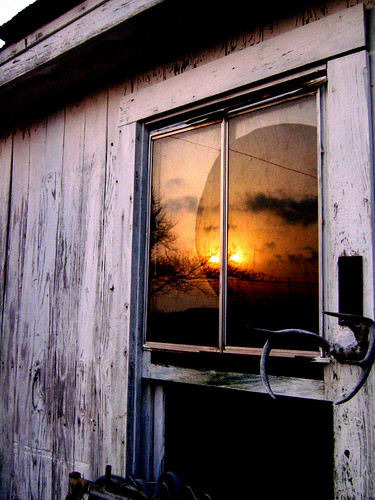06 February 2006

The Wanderer.
As I sat in the three-hour long Early English literature class tonight -- in which we discussed the role of fate in the lives of the Anglo-Saxons and the adoption of Christianity into their belief system -- my mind began to wander. With all the seeming meaninglessness of life, the mutability, and the inevitable decay, it sure would be easy to become an existentialist.
We call existentialism "modernist thought." But there in the elegy "The Wanderer" is an Anglo-Saxon confronting the problem of existence. And this is what I asked myself (I wrote it in the margin of my notebook paper): Who first asked why?
How far into history (or prehistory, I guess) did man get before he asked himself, "What's this all about?" It could not have taken long, could it? Why. Such a difficult word. The two year old knows it well. (What of high minded modernists?) And there is never an end of answers for the incessant questioning. Why. Why. Why. And it comes down to a firmly spoken because over top of a wearily thought I don't know.
I can't help but see both sides. I won't accept that there are no answers, but I cannot help but nod my head in a bit of concession at the one who can't seem to find any.
What a tremendous burden it must've been to be the first to reach beyond the tangibility of the what and grasp into the void of why.



> > Discuss